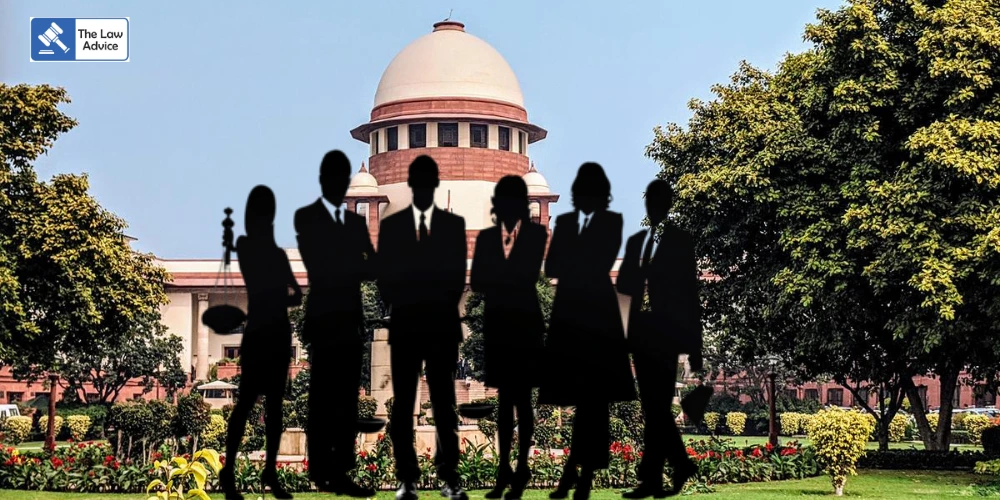
The Supreme Court on Wednesday issued notice on a writ petition seeking directions to ensure that individuals are allowed to have their lawyer present during police or investigative interrogation.
The matter was heard by a Bench of Chief Justice of India BR Gavai and Justice K Vinod Chandran, in a petition filed by advocate Shaffi Mather.
At the outset, the Bench questioned whether the plea referred to any specific instances of coercion or duress during police questioning. Justice Chandran asked, “Are there instances of need for counsel in the petition?”
Senior Advocate Maneka Guruswamy, appearing for the petitioner, submitted that the plea was filed in public interest, highlighting the necessity of having legal counsel present during interrogation to guide individuals on whether a question is self-incriminating.
The CJI then asked for instances or reports supporting the plea’s claim. Guruswamy cited the “India: Annual Report on Torture 2019” published by the National Campaign Against Torture, detailing patterns of custodial torture and impunity across India.
Considering the submissions, the Bench issued notice to the Union of India.
The petition contends that denying or restricting access to counsel during interrogation amounts to a grave violation of fundamental rights under Articles 20(3), 21, and 22 of the Constitution and increases the risk of custodial torture and deaths.
It argues that the practice of allowing counsel only within visible but not audible range during interrogation, as seen under certain statutes like the Prevention of Money Laundering Act (PMLA) and Narcotic Drugs and Psychotropic Substances Act (NDPS Act), effectively nullifies constitutional safeguards.
“This pattern of coercive, piecemeal access to counsel not only contravenes the right to counsel under Article 22 and the right against self-incrimination under Article 20(3), but also violates the guarantees of due process, fair investigation, and fair trial inherent in Articles 21 and 22,” the petition states.
It further asserts that the absence of a lawyer during interrogation fosters a coercive environment and undermines the integrity of the investigative process.
The petitioner has sought several key reliefs, including:
a) A declaration that the presence of legal counsel during interrogation or questioning is a non-discretionary and unalienable right;
b) A directive to interpret Section 41D CrPC and Section 38 BNSS, along with Section 50 PMLA and similar provisions, as encompassing this right;
c) The framing of uniform guidelines to ensure access to counsel during interrogation, upholding the fundamental rights guaranteed under Articles 20(3), 21, and 22(1);
d) Mandatory notification of rights — including the right to silence and right to counsel — for all individuals being questioned by police or investigating agencies;
e) Any other directions deemed appropriate by the Court in the interest of justice.
The petition underscores that such a framework is essential to prevent custodial violence, ensure fair investigation, and uphold constitutional morality in policing.
The plea was filed through Advocate-on-Record Prateek K. Chadha.
Case Title: Shaffi Mather v. Union of India, W.P. (Crl.) No. 401/2025
Website designed, developed and maintained by webexy